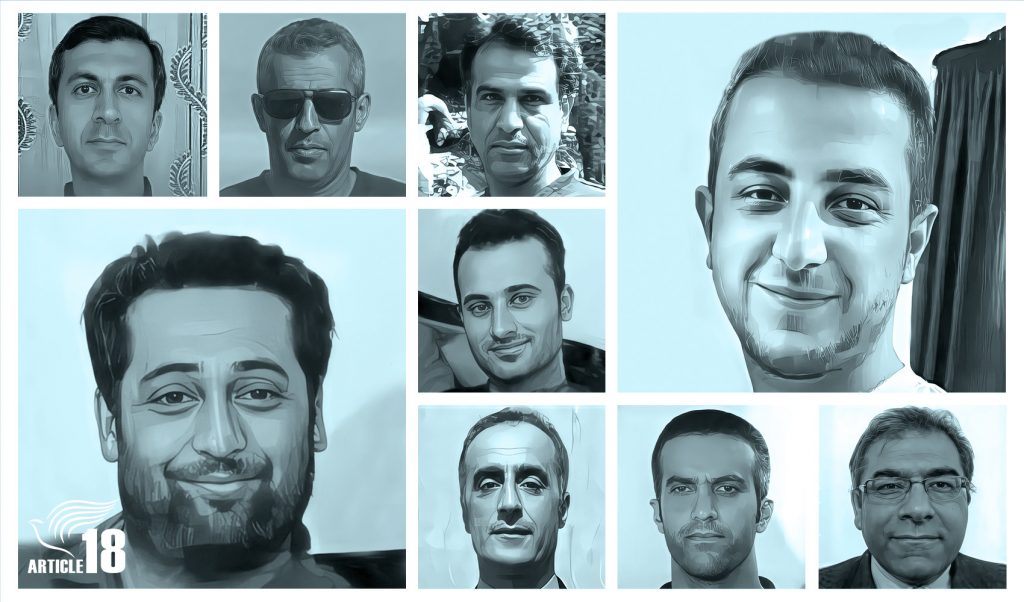
Nine converts who spent a combined nearly 20 years in prison for “acting against national security” and “promoting Zionist Christianity” have been acquitted by a Tehran appeal court.
The ruling by Branch 34 of the Tehran Court of Appeal, issued and communicated to the nine men today, comes after a Supreme Court judge ordered a review of their convictions in November.
The converts were subsequently released, pending the outcome of the review, though one of them is already back in prison serving a separate sentence related to his faith and activities, and two others have been handed new charges.
In their ruling, the appeal court judges, Seyed Ali Asghar Kamali and Akbar Johari, found there was “insufficient evidence” the men had acted against national security, referencing their lawyers’ explanation that they had only “worshipped in the house-church in accordance with the teachings of Christianity” and that Christians are taught to live in “obedience, submission and support of the authorities”.
The judges also noted the legal principle of “interpreting any doubt in favour of the accused”, as well as quoting an Islamic saying that teaches that “it is better to make mistakes in pardoning and forgiveness than in punishment”.
The ruling will be welcomed not only by the nine acquitted, but by all Christian converts across Iran, enabling them and their lawyers to use the same arguments in defence of their right to worship in house-churches.
(Over the past decade, Christian converts in Iran have tended to worship together in private homes in what have become known as “house-churches” because they are no longer permitted to attend the churches of Iran’s ethnic Assyrian and Armenian Christians, whose right to worship is recognised in the constitution, but who have been banned in recent years from conducting services in the national language of Persian to further dissuade Muslim-born Iranians from attending.)
The appeal court’s verdict backs up the November decision of the Supreme Court judge, who ruled that “merely preaching Christianity” in house-churches or even promoting what was pejoratively referred to as the “Evangelical Zionist sect” did not amount to acting against national security.
However, the re-imprisonment in recent months of one of the nine men, as well as the new charges against the two others, shows there is no guarantee of consistency in future cases.
Article18’s advocacy director, Mansour Borji, commented: “This ruling is unlike any other of its type that I have seen, as the judges have gone to considerable length to explain their verdict, listing nine different reasons based on the constitution, judicial principles, legal provisions and Islamic tradition.
“These judges have now found that the initial ruling that caused some of these Christians to spend over two and a half years of their lives in prison was legally unjustifiable. Meanwhile, at least a dozen others, including one of the nine involved in this case, are still in prison or enforced internal exile following their own convictions on similar charges.”
Background
The nine men – Abdolreza (Matthias) Ali-Haghnejad, Shahrooz Eslamdoust, Behnam Akhlaghi, Babak Hosseinzadeh, Mehdi Khatibi, Khalil Dehghanpour, Hossein Kadivar, Kamal Naamanian and Mohammad Vafadar – were arrested during raids on their homes and house-churches in January and February 2019, and sentenced in October of that year.
Five of the men had been in prison since July 2019, when they were unable to pay the high bail demanded from them after they insisted on being defended by their own lawyer.
The other four began serving their sentences in June 2020.
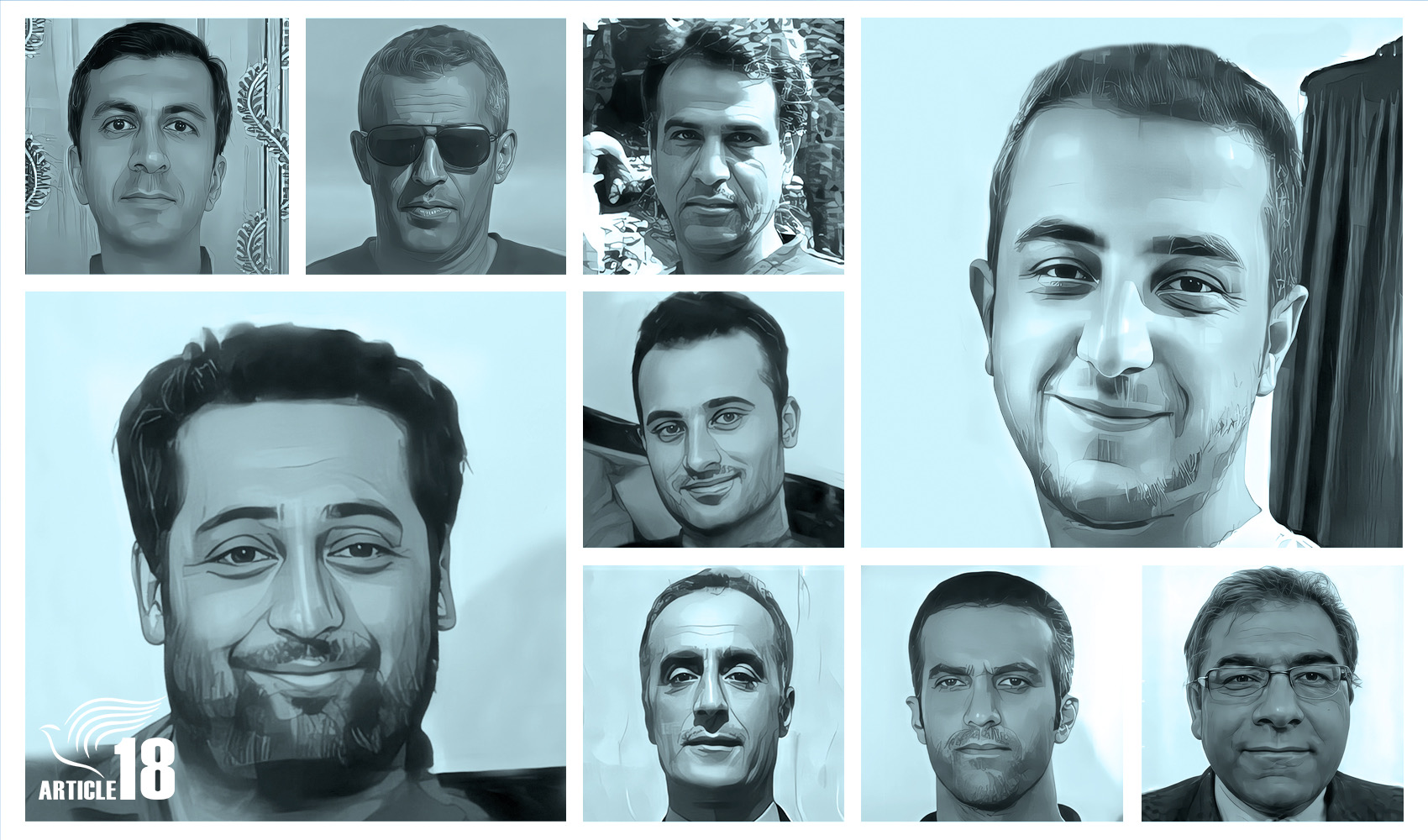
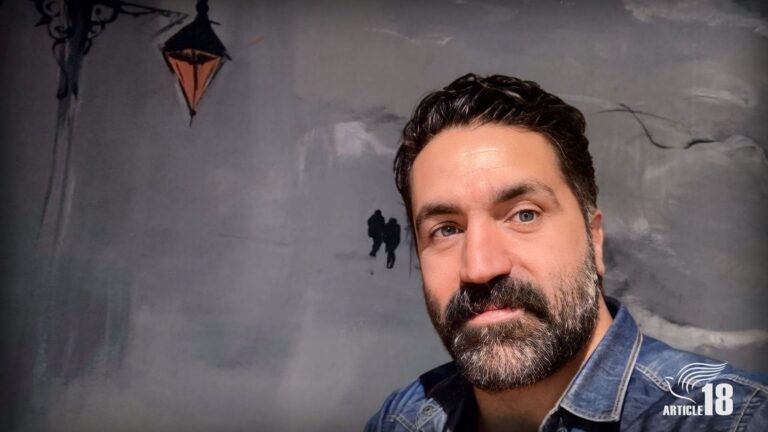
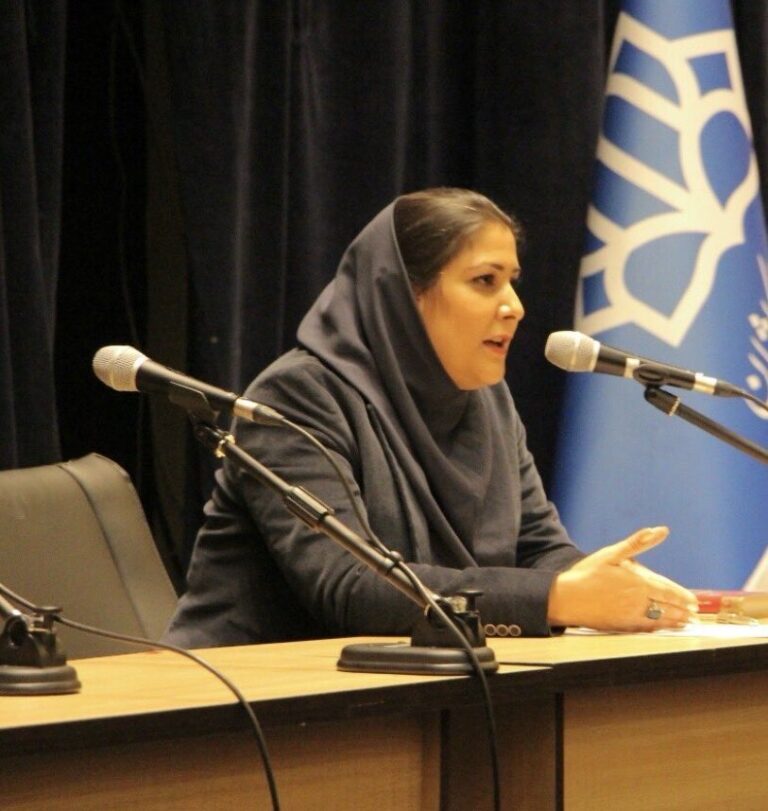
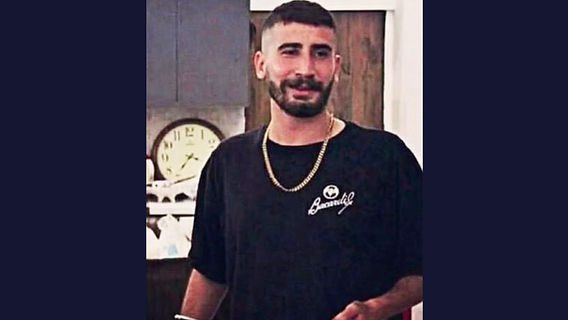
0 Comments
Trackbacks/Pingbacks